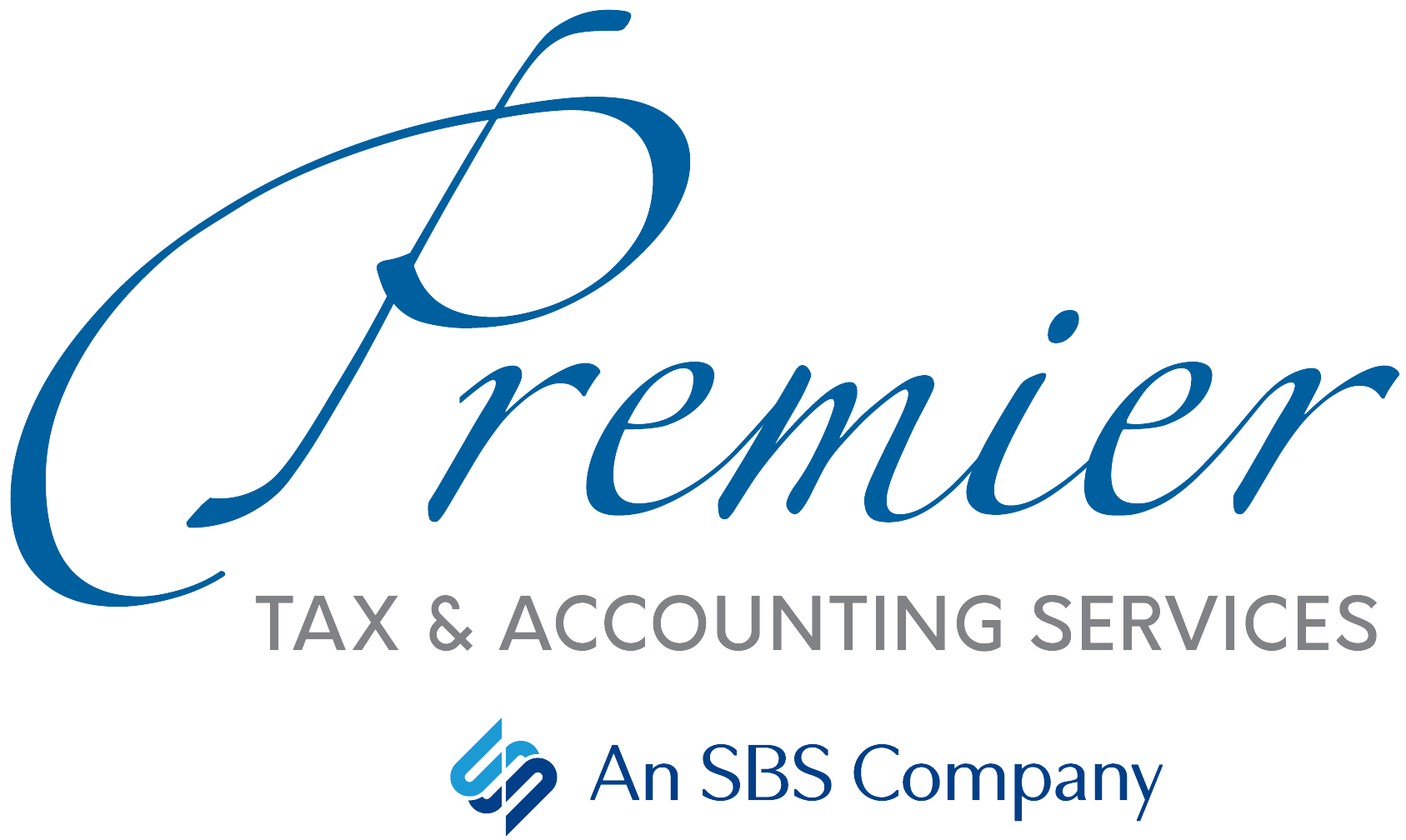When you first start a business, you don’t know what you don’t know. This can be especially true when it comes to taxes. As a new business owner, you may not be aware of the many tax deductions available that can help take the sting out of starting up.
The IRS defines a business expense as a cost of carrying on a trade or business. “Ordinary and necessary” expenses are usually deductible if you are operating the business to make a profit. When you deduct an expense on your tax return, you lower your taxable income — and reduce your tax liability. When you reduce the amount you owe the IRS, you have more money to re-invest back into your business.
Which Expenses Are Deductible?
With tax laws always changing, it’s often hard to keep up. Below is a general guide, but be sure to check with us to verify that these deductions are still current — and how they may apply to you and your situation.
1. Startup Costs — You may not realize that you can claim business expenses that hit prior to your business’ launch. There are conditions, of course, but most small businesses can deduct up to $5,000 on the first year’s return.
2. Taxes, Interest, Fees & Charitable Contributions — If your business pays tax to a state or local jurisdiction, you may be able to deduct those taxes as a business expense. If you pay for business expenses with credit cards, you can deduct interest and late fees. You can also deduct bank fees, credit card processing fees, payment fees, and other fees incurred on your business banking accounts (i.e., QuickBooks fees). Money you borrowed to start the business can be recorded as a business liability and any interest can be expensed accordingly. Also, charitable contributions may be deductible as well.
3. Wages and Payroll Taxes — Employee wages and payroll taxes are deductions for your business. But being an employee in your own business has benefits, too. When you pay yourself a wage or salary rather than a distribution or dividend, you avoid paying self-employment tax on your personal return. And that allows you to pass the payroll tax deduction onto the business.
4. Retirement Plan Contributions — The benefits are two-fold here: Contributing to a retirement plan will not only give you a deduction now, but it will increase your retirement savings for the future. As a small business, you can establish an inexpensive 401(k) plan or other retirement account option for both you and your employees.
5. Bad Debt — Whether it’s loans to clients or suppliers, goods sold but not paid for, or the sale of a mortgaged property, bad debts are just one cost of doing business. You can claim bad debt as a deduction if the amount owed is included in your gross income or lent out as cash. You’ll just need proof that the debt is worthless.
6. Home Office — Do you run your business out of your home? There are plenty of home-related expenses that can be deducted, including insurance, utilities, property taxes, repairs & maintenance, basic office supplies and more. You do need to have a dedicated space for running your business, and it needs to be your principal place of operation.
7. Health Insurance — Depending on the type of business, you may be eligible for a self-employed health insurance deduction. Given the costs of health insurance, this could be a pretty significant deduction.
8. Education & Training — Investing in education — whether your own or your employees’ — is always a smart move. That’s especially true when you can deduct fees and costs for attending workshops, conferences, tradeshows and other types of classes that will improve your business knowledge.
9. Marketing — Marketing your business through advertising and promotion is not only necessary to succeed, but a deductible expense, too! Some of the expenses that qualify include print materials (e.g., business cards and brochures), print and web ads, website development, email marketing and more.
10. Travel & Entertainment — Some business travel and entertaining expenses have been curtailed over the past few years. The Taxpayer Certainty and Disaster Relief Act of 2020, however, temporarily allows a 100% business expense deduction for meals as long as the expense is for food or beverages provided by a restaurant. This provision is effective for expenses incurred through December 31, 2022. Some other expenses are still deductible up to certain limits.
Keep Track of Your Expenses
Whether you’re just starting a new business or have been running one for 25 years, you know how important it is to take advantage of every possible tax deduction. The money you save not only affects your bottom line, but can be re-invested to help grow the business. We can help you identify which deductions you may qualify for and help you make the most of them — now and at tax time. Call us today at 706-632-7850 to make an appointment with Jackie or Donna.
Source: Score.org
Do You Need an Extension?
If you have not yet filed your federal income tax return, we can file an extension for you. The deadline to file your taxes or file an extension is Monday, May 17. This will give you until October 15 to file your tax return. Keep in mind, however, that an extension to file is NOT an extension to pay. Any tax due must still be paid by May 17 to avoid penalties and interest. To help you prepare your files, please download a copy of our 2020 Personal Tax Preparation Checklist.
Tax Credits Available for Vaccine-Related Leave
Are you providing paid leave for your employees to receive COVID-19 vaccinations? If so, you may receive a tax credit, available as part of the American Rescue Plan. This also applies to self-employed individuals, who can claim comparable credits.
Eligible employers can receive a tax credit for providing paid time off for each employee to receive the vaccine and for any time needed to recover from it. If you offer your employees a paid day off to get vaccinated, you can receive a tax credit equal to the wages paid to employees for that day. The tax credits are available for leave from April 1, 2021, through September 30, 2021.
The credits are claimed on Form 941, Employer’s Quarterly Federal Tax Return. You’ll keep the federal employment taxes that you otherwise would have deposited, including federal income tax withheld from employees, the employees’ share of Social Security and Medicare taxes, and your share of Social Security and Medicare taxes.
Let us know if you need assistance filing for the vaccine credit. You can contact us here.



